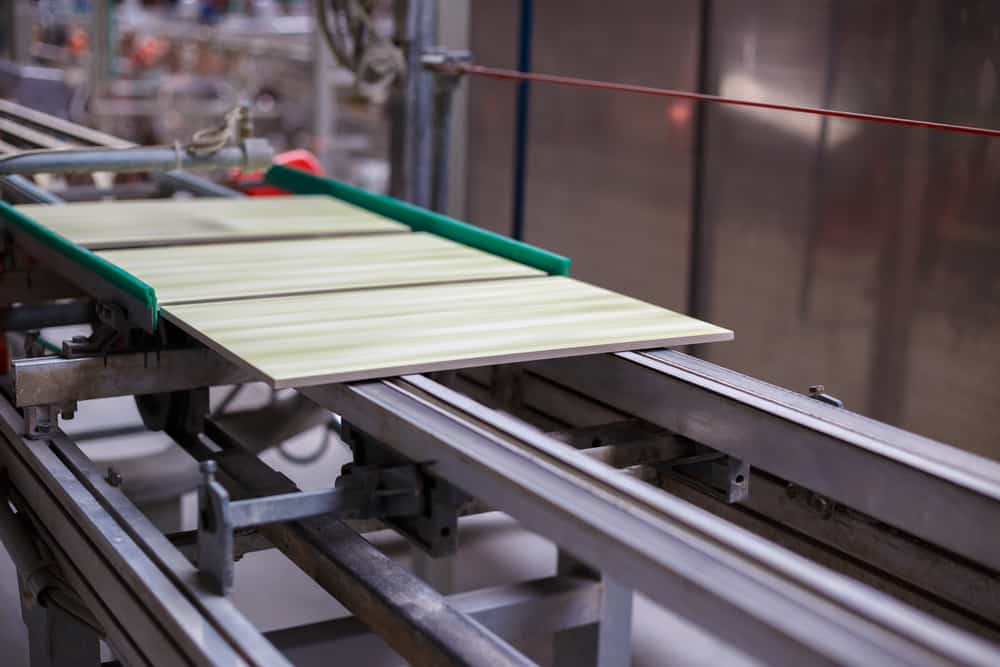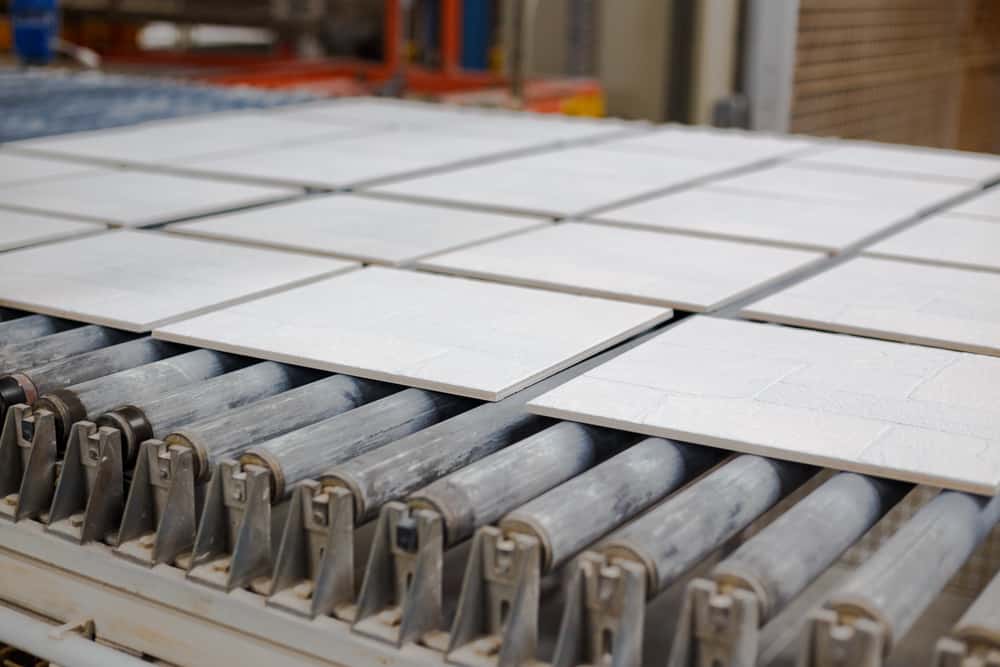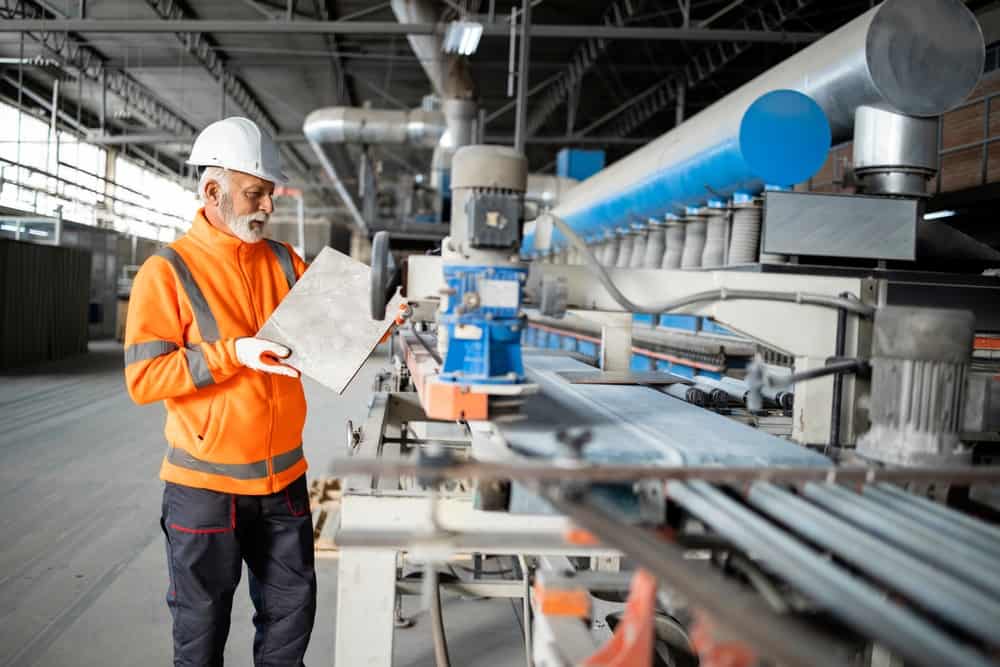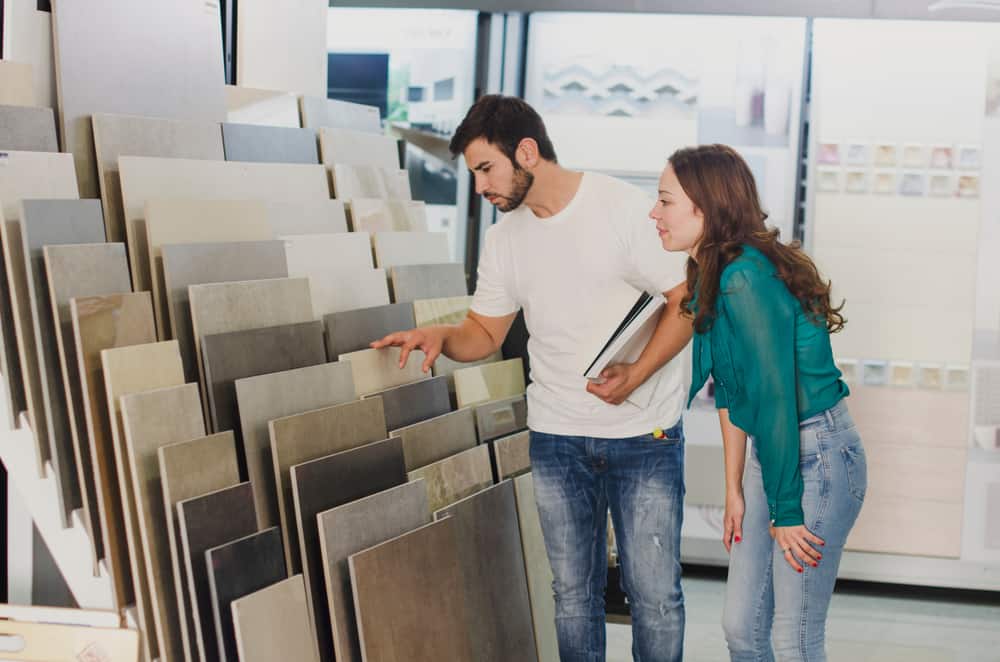Industrial ceramic solutions are materials that are used in a variety of industrial and commercial applications. They are made from very hard, durable materials that withstand a lot of wear and tear. It makes them ideal for use in applications where high-quality, durable materials are needed.
If you run a business that relies on high-temperature operations – such as power generation, steel production, or glassmaking – then you know that industrial ceramics are an essential part of your operation.
In this post, we’ll discuss everything you need to know about industrial ceramic solutions and whether your business could benefit from them.
What Are Industrial Ceramic Solutions?
Industrial ceramic solutions are custom designed to meet the needs of a wide range of industrial applications. The range of applications is vast, and the world of ceramics is constantly evolving.
Whether it’s wear resistance, high-temperature stability, or electrical insulation, a ceramic solution can help improve productivity and quality.
Ceramics are inorganic, non-metallic materials that have been used for thousands of years, dating back to early human civilisation.
Today, ceramics are an essential part of many industries, from construction and automotive manufacturing to electronics and aerospace. One type of ceramic particularly well-suited for industrial applications is alumina, a strong and durable material with a wide range of useful properties.
Alumina is often used to produce high-performance products such as engine components, electrical insulators, and medical devices. Other commonly used industrial ceramics include Zirconia and silicon carbide. These materials offer superior strength and resistance to extreme temperatures, making them ideal for demanding applications such as jet engines and cutting tools.
With their unique properties, industrial ceramics are an essential part of modern manufacturing.
How Does It Work?
Industrial ceramic solutions are a process that allows for the production of high-quality ceramic products with a wide range of properties.
The process begins with the mixing of raw materials to create a slurry, which is then shaped into the desired form. Once the shaped product has been dried, it is placed in a kiln and heated to a high temperature. It causes the ceramic molecules to rearrange and fuse, creating a strong and durable final product.
Industrial ceramic solutions are used to produce a variety of products, including sinks, countertops, flooring tiles, and electrical insulators. In addition, the process can be customised to create products with specific properties, such as heat resistance or chemical durability.
As a result, Industrial ceramic solutions are an essential technology for many industries that rely on ceramic products.
What Industries Should Use Industrial Ceramic Solutions?
Industrial ceramics are a category of materials distinguished from traditional ceramics by their increased strength and resistance to wear and tear. It makes them ideal for use in various industrial settings, such as chemical processing, automotive manufacturers, aerospace engineering and mining.
And while there are many different types of industrial ceramics, some of the most commonly used include alumina, silicon carbide, and Zirconia. Each of these materials has unique properties that make it well-suited for specific applications.
For instance, alumina is known for its high resistance to heat and wear, making it an ideal choice for use in high-temperature environments.
Silicon carbide, on the other hand, is known for its ability to withstand high levels of stress and strain.
And finally, Zirconia is known for its excellent electrical insulating properties.
Together, these three materials can be used to create various parts and components for various industries.
The Benefits of Using Industrial Ceramic Solutions
There are many reasons why industries choose to use ceramic solutions.
- Ceramics are incredibly strong and durable, making them ideal for high-temperature or high-pressure applications.
- They also resist corrosion and wear, meaning they can withstand a lot of wear and tear.
- Ceramics are also non-conductive, so they’re ideal for electrical insulation.
- Because they’re so lightweight, they can help reduce overall weight and fuel consumption.
As you can see, there are many reasons why industrial ceramic solutions are such a popular choice. If you’re looking for a reliable and long-lasting solution for your industry, then ceramics should be at the top of your list.
The Cons of Using Industrial Ceramic Solutions
While industrial ceramic solutions offer several advantages, some potential disadvantages should be considered before using them.
- One of the main disadvantages is that they can be expensive to purchase and maintain.
- In addition, they require specialised training to use properly, which can add to the overall cost.
- Another potential downside is that they can be dangerous if not used correctly, as they can release harmful chemicals into the air.
About Atlas Wear Solutions – How We Can Help You
At Atlas Wear Solutions, we are a company offering you the best results and protection for ceramic tiling.
Ensuring the correct surface preparation and installation of ceramic tiling is our expertise and what we are known for. We have an experienced installation crew that can perform installations in our workshop or at your site.
We specialise in the tiling of material transfer chutes & wear areas that undergo aggressive, high and corrosive wear.
We use only the industries leading tiles and adhesive products, and our highly trained and experienced tilers apply these. Atlas has been operating for over two decades and has vast knowledge and experience in all areas of industrial tiling.




